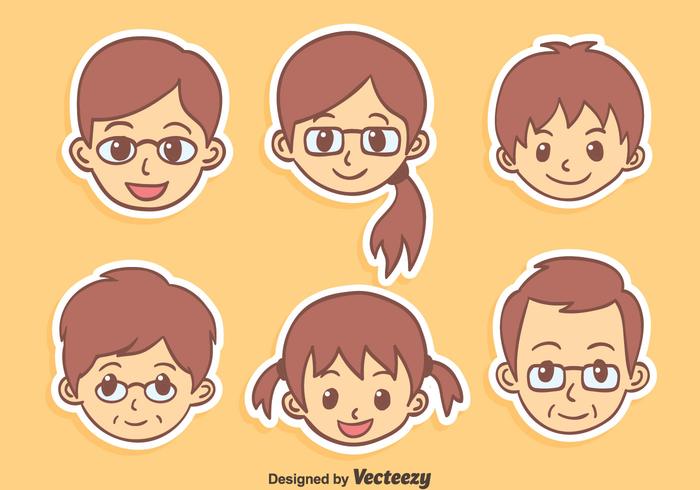The “wonderful cohesive power” that is achieved by the all-encompassing face-to-face family interactions, especially during family meals, is one of the most important of times.
Research into the development of emotions shows that face-to-face social interactions not only activate, rewire, and positively reshape the brain, but these interactions may also have an impact on a person’s emotional and social development. This is especially important within the cultural and social structure of the family, which one may suggest is the most important social structure in all cultures (Bronfenbrenner, 2013; Gallese, et al., 2004; Lally & Mangione, 2017; Milcent et al., 2022; Repetti et al., 2002).These are the times when cultural, social, and personal family bonding is at its pinnacle best (Armstrong-Carter & Telzer, 2020; Utter et al., 2018). ... This research now leads to the added importance of face-to-face family time as opposed to “screen time”, which, in terms of communication, is not family time.These mealtime interactions and family talk time have been shown to support brain, mind, learning and even language and literacy development, as well as to cultivate and promote psychosocial and emotional well-being, and strengthen family identity, emotional bonds, and family cohesion (Armstrong-Carter & Telzer, 2020; Utter et al., 2018). However, when screen time disrupts and replaces face-to-face family interactions and the vital and meaningful ritual of family meal times, as research suggests, everything changes, starting with the brain, which then also negatively impacts the entire universal human condition.Journal of Family Theory & Review, 16(2), 272-328. Schulte-Rüther, M., Markowitsch, H. J., Fink, G. R., & Piefke, M. (2007). Mirror neuron and theory of mind mechanisms involved in face-to-face interactions: a functional magnetic resonance imaging approach to empathy.






